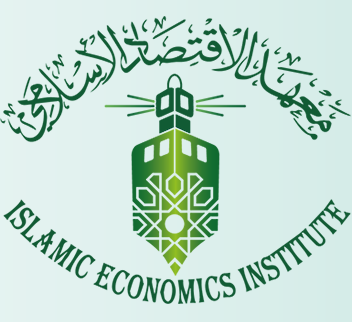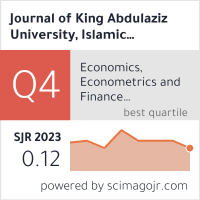Abstract
This study aims to assess the social reporting practices of Saudi Islamic Banks (IBs) over a 15-year period. It seeks to evaluate the effectiveness with which Saudi IBs meet their social reporting expectations, including Sharīʿah disclosure requirements. A longitudinal content analysis method was utilized, underpinned by a specifically developed research instrument that is culturally relevant and reflects the unique characteristics of Islamic banking. This approach allows tracking of changes over an extended period and captures the dynamic nature of disclosure practices influenced by both internal ethical mandates and external regulatory pressures. The findings reveal a moderate disclosure rate of 51.11% across Saudi IBs, with notable deficiencies in crucial areas such as Sharīʿah governance and Al-Qard Al-Hasan.The study identifies a particularly low average disclosure rate of 36% for Sharīʿah governance, indicating a significant gap between IBs’ claims of Sharīʿah adherence and their actual reporting practices. This moderate level of transparency suggests that many areas critical to Islamic principles are not being fully disclosed. This research contributes to the literature by providing a comprehensive longitudinal analysis, which is rare in the field of Islamic banking. It addresses significant gaps within the Saudi context, a pivotal region for Islamic finance, offering new insights into the compliance with Sharīʿah standards over time. The study's methodology and focus on cultural relevance in the development of the research instrument add a novel dimension to the exploration of Islamic banking practices
First Page
3
Last Page
21
Recommended Citation
Otaibi, Faisal A.
(2025)
"Social Reporting by Saudi Islamic Banks: A Longitudinal Approach,"
Journal of King Abdulaziz University: Islamic Economics: Vol. 38:
Iss.
2
DOI: https://doi.org/10.64064/1658-4244.1000
Creative Commons License

This work is licensed under a Creative Commons Attribution 4.0 International License.



